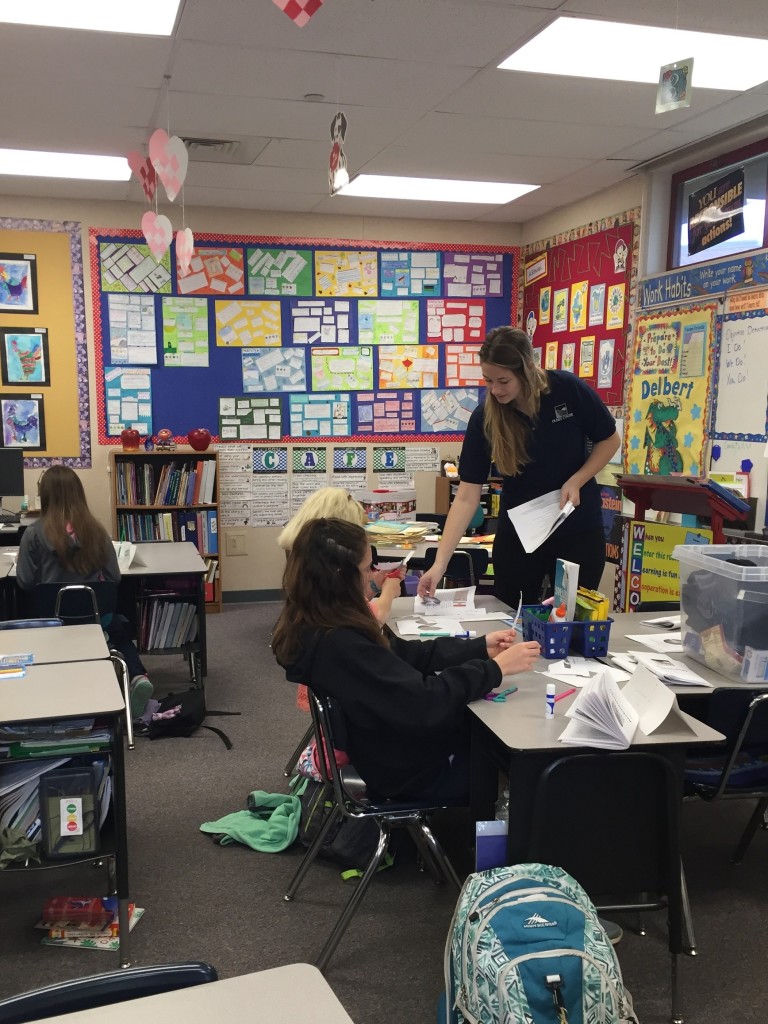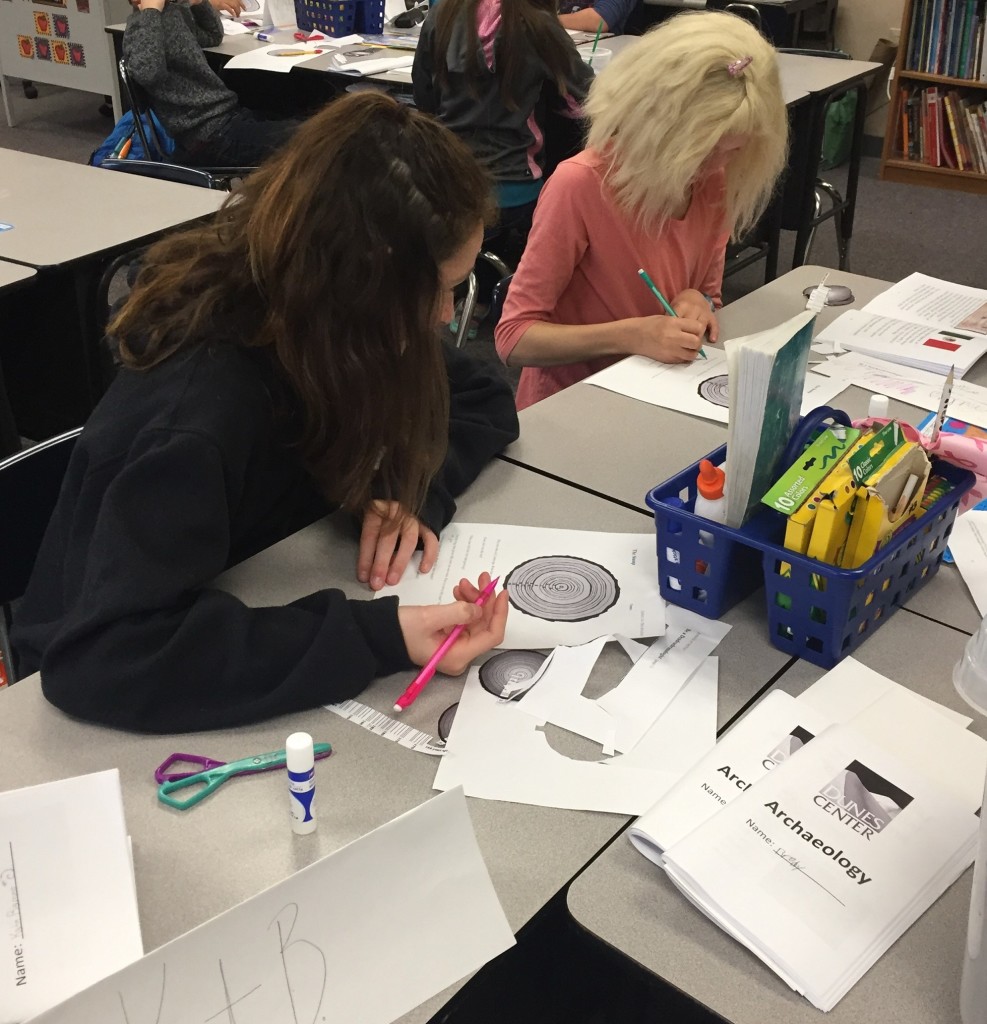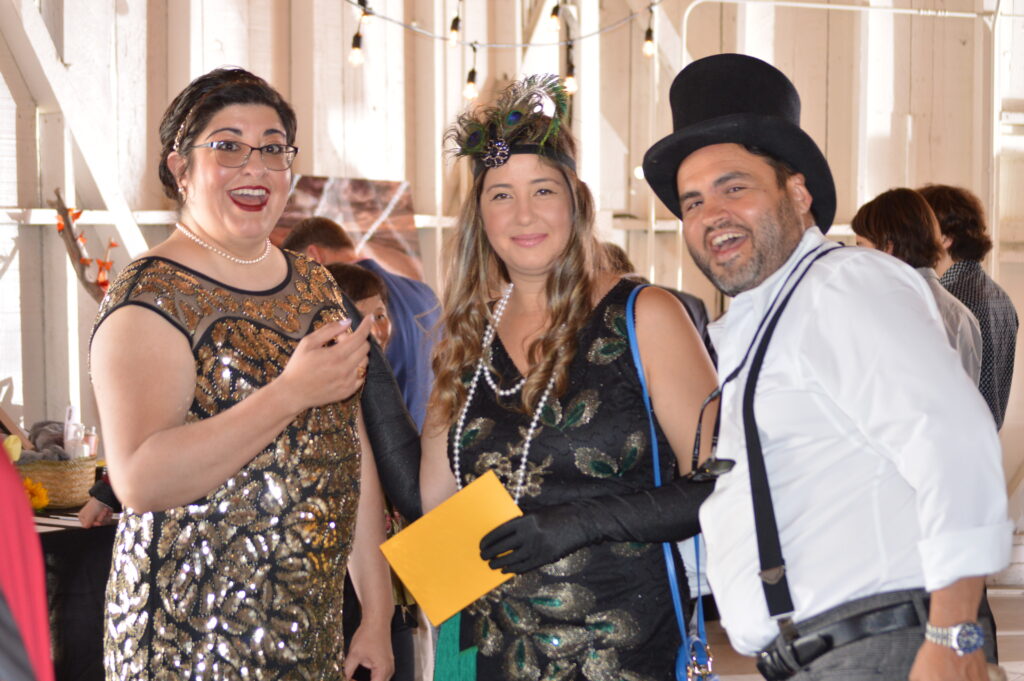
Afterschool Archaeology: Analyzing Arrowheads
My name is Elizabeth and I am currently an Education Intern at the Dunes Center. I attend Cal Poly San Luis Obispo and am studying Environmental Management and Protection. For the past few weeks, I have taught a group of students at Dorothea Lange Elementary in Nipomo about the wonders of archaeology. They’ve learned about the importance of the scientific method, how to record data when looking at an artifact, and how to map out a new excavation site. At first, I had to emphasize that archaeology is different from paleontology – archaeologists don’t dig up dinosaurs! Once the students understood what archaeology is, they got really excited.
At the Dunes Center, we want our education programs to help children see the world around them in a new, exciting way – we want to spark their curiosity and imagination. When the students started analyzing arrowheads, I saw their faces light up and knew that their interest had been piqued. Even though most of them had seen an arrowhead before, the students could now explore these little artifacts in a new light. Most had never thought about the history of an arrowhead before - Why was it made? Who made it? What did this arrowhead do? Each student wrote about the lifetime of an arrowhead they held in their hand. Stories started with the arrowhead being a rock on the side of a path and went all the way to hunting for food and then getting lost along the way. This activity really sparked their imagination and showed the students that science and creative writing can complement each other.
The spark I saw from the arrowhead activity has continued into each week. With each new artifact we look at, the students start to ask (sometimes quite advanced or complex) questions without me even prompting them! After just one day of encouraging them to look past the surface of the arrowhead, they’ve begun to look deeper into everything.
I hope that this curiosity will never subside, even after the 10 week archaeology program ends. We want to inspire the upcoming generation of scientists to be connected to the world around them through acquiring new knowledge that inspires an appreciation of their world and our history. I see so much potential in their wide eyes to do great things in science and I hope they continue to question and explore the world around them.
Upcoming Events
Nipomo, 93444 United States
Newsletter
Our newsletter keeps you up to date with the latest information about our exhibits, upcoming events, and programs.



